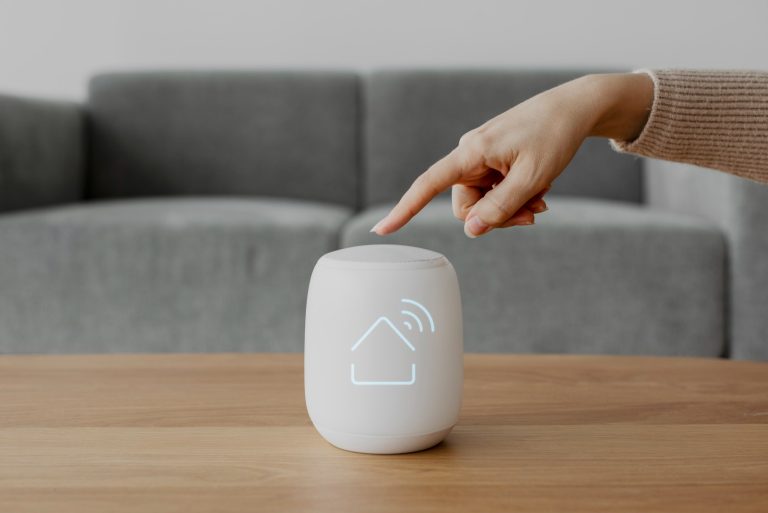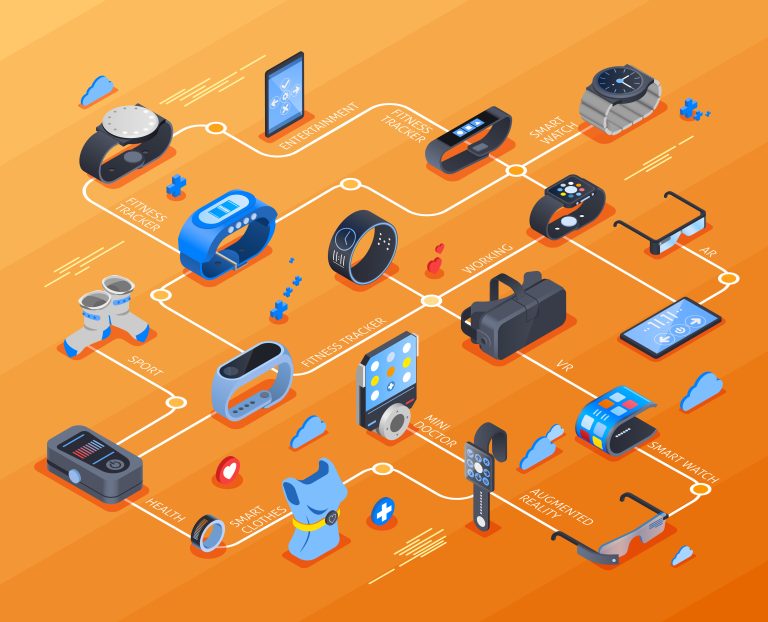Introduction:
In recent times, the emergence of smart home technology has brought about a complete transformation in the way we interact with our living spaces. Among the most remarkable and groundbreaking innovations in this field is the advent of smart speakers. These devices, powered by virtual assistants such as Amazon’s Alexa and Google Assistant, have become the cornerstone of controlling various smart home appliances. Owing to their abundance of features and functionalities, smart speakers have completely revolutionized the way we live and interact with technology. In this blog, we will delve into the evolution, impact, and future of smart speakers while exploring their indispensable role in modern home automation.
- The Birth of Smart Speakers:
- The inception of intelligent speakers can be traced back to the year 2014 when Amazon Echo was launched. This cylindrical device brought forth the introduction of Alexa, Amazon’s virtual assistant, and highlighted the capabilities of voice-controlled technology in domestic settings. Following in the footsteps of Amazon, other technology titans, such as Google and Apple, also came up with their versions of smart speakers, namely Google Home and HomePod, respectively.
- Virtual Assistants: Our Voice-Controlled Companions:
- The heart of smart speakers lies in their virtual assistants. These sophisticated AI-powered voice assistants, such as Alexa and Google Assistant, have evolved significantly since their inception. They are now capable of performing an array of tasks, from setting alarms and reminders to answering complex questions and conducting internet searches. Users can also customize the voice and personalities of these assistants to suit their preferences.
- Seamless Home Automation:
- Smart speakers have emerged as the ultimate central control hub for smart homes. Their compatibility with a wide range of smart devices allows users to effortlessly manage their homes with simple voice commands. From adjusting thermostat settings and controlling smart lighting to locking doors and monitoring security cameras, smart speakers have made home automation more accessible and user-friendly.
- Entertainment and Music Streaming:
- Apart from home automation, smart speakers excel at providing entertainment. Users can stream music from popular platforms like Spotify, Apple Music, and Amazon Music, using voice commands to request songs, playlists, or even genre-specific music. Additionally, smart speakers can narrate audiobooks, provide daily news briefings, and engage users with interactive games and stories.
- Customized Routines and Automation:
- One of the most impressive features of smart speakers is their ability to create customized routines. With a single voice command, users can initiate a series of actions, such as turning off lights, setting the thermostat, and playing relaxing music for bedtime. These automation routines simplify daily tasks and enhance convenience in our fast-paced lives.
- Integrating with Third-Party Skills and Actions:
- The open-platform nature of smart speakers allows third-party developers to create skills (Alexa) or actions (Google Assistant). These add-ons expand the capabilities of the smart speaker, enabling it to perform tasks such as ordering food, requesting rideshare services, controlling smart home appliances, and accessing various online services.
- Privacy and Security Considerations:
- The increasing integration of smart speakers into our lives has raised valid privacy concerns. Manufacturers have taken steps to address these issues by providing physical mute buttons, transparent privacy policies, and improved data encryption. Users should review privacy settings and understand how their data is handled.
- The Future of Smart Speakers:
- The journey of smart speakers has only just begun. As technology continues to evolve, we can expect even more exciting advancements. Features like improved natural language processing, better contextual understanding, and enhanced integration with other smart devices will redefine the smart speaker experience. Additionally, advancements in AI will enable virtual assistants to become even more personalized and predictive in catering to users’ needs.
Conclusion:
In recent years, smart speakers have transformed from being a mere novelty item into a must-have fixture in any contemporary smart home. With their seamless integration, hands-free operation, and constantly-expanding capabilities, these devices have proven to be reliable digital assistants. As the field of smart home technology continues to progress, it’s clear that smart speakers will play a pivotal role in shaping the future of home automation, transforming the way we interact with our living spaces.





